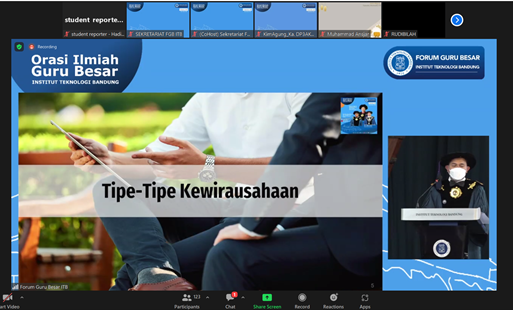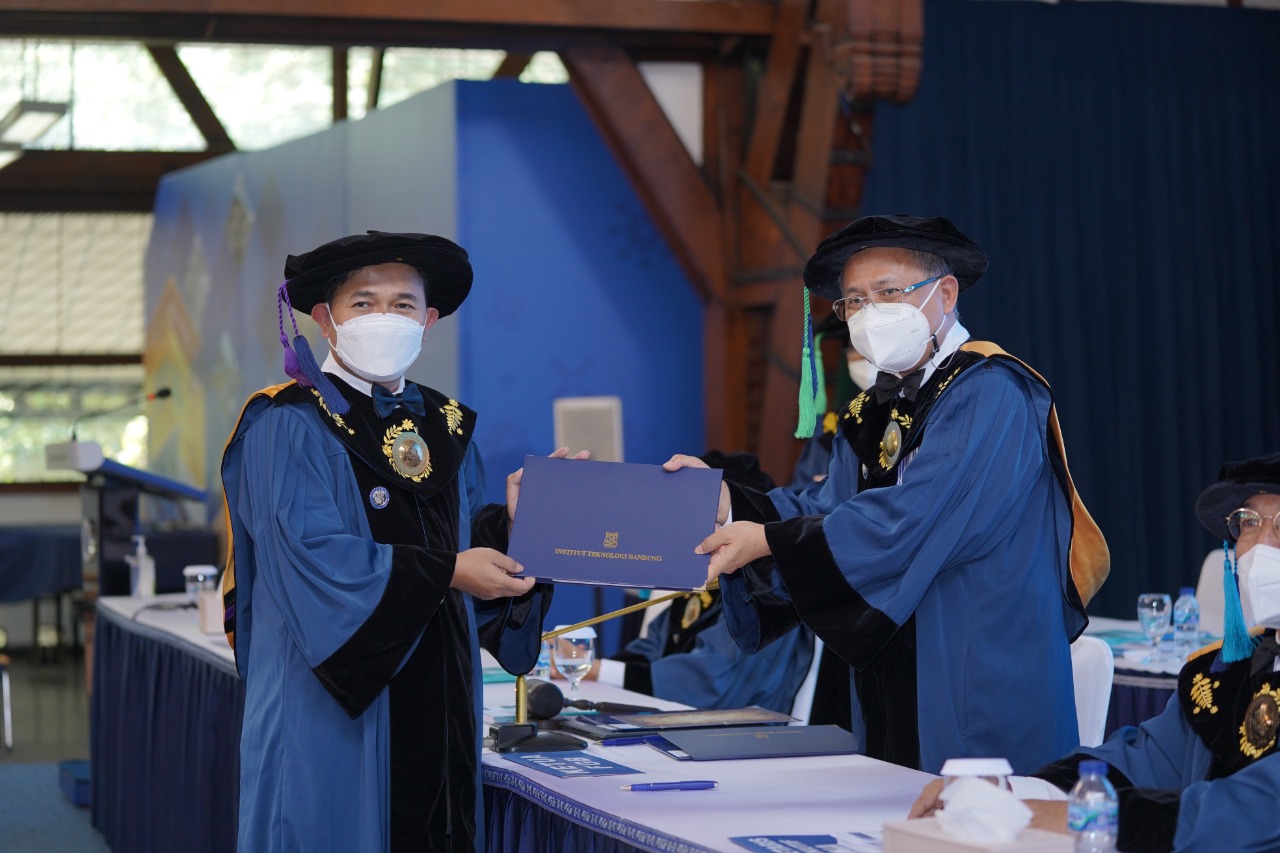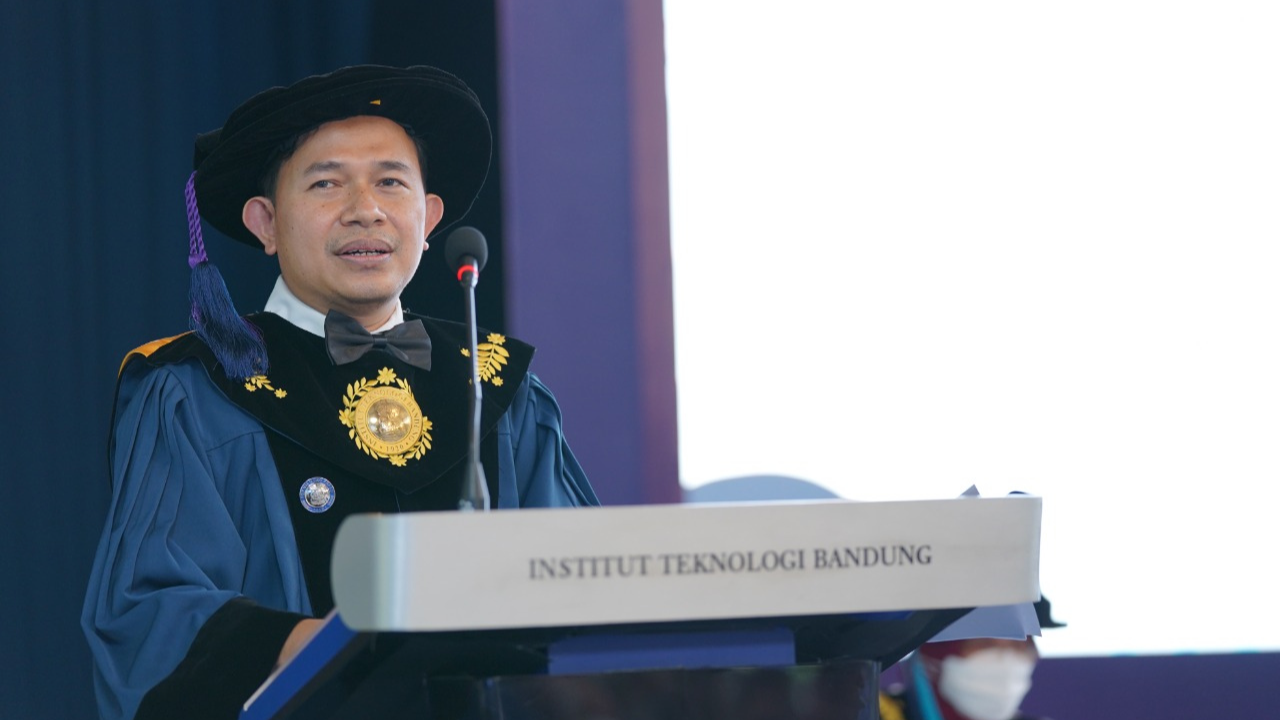Professor of Entrepreneurship at the SBM ITB, Wawan Dhewanto, stated that the key to economic recovery is integration between actors to strengthen the chain of cooperation with suppliers, consumers, business partners, and social communities within the ecosystem. With this integration, an entrepreneurial ecosystem will be created (entrepreneurial ecosystem).
The entrepreneurial ecosystem allows for interconnection between company owners. With this ecosystem, companies can survive, even during the COVID-19 pandemic. This will certainly open up job opportunities with new specific talents.
Creating an entrepreneurial ecosystem is the essence of Wawan Dhewanto’s scientific oration, delivered in a Professor’s Scientific Oration in Bandung on Saturday (17/9/2022).
 According to Wawan, eight pillars need to be considered to strengthen the entrepreneurial ecosystem’s development: policies, markets, human capital, financing, networks, culture, entrepreneurship education and training, business incubators, and accelerators.
According to Wawan, eight pillars need to be considered to strengthen the entrepreneurial ecosystem’s development: policies, markets, human capital, financing, networks, culture, entrepreneurship education and training, business incubators, and accelerators.
Currently, said Wawan, there are several economic phenomena in Indonesia. First, Indonesia has rich natural resources, but the poverty and usage rates are high. Then the open unemployment rate (TPT) was 5.83% in February 2022. The poverty rate in 2022 can reach 10.81 percent (equivalent to 29.3 million poor people). Finally, people prefer to be employees than entrepreneurs.
The presence of entrepreneurs, according to Wawan, is important. There are eight types of entrepreneurship, according to Wawan, which is highly potential to support economic recovery. They are technology entrepreneurship, digital startups, creatives, MSMEs, corporations, social groups, families, and women. These types are always evolving and can potentially overcome crises and advance the entrepreneurial ecosystem.

Written by Student Reporter (Hadiyanti Ainun Atika, YP MBA 2021)




